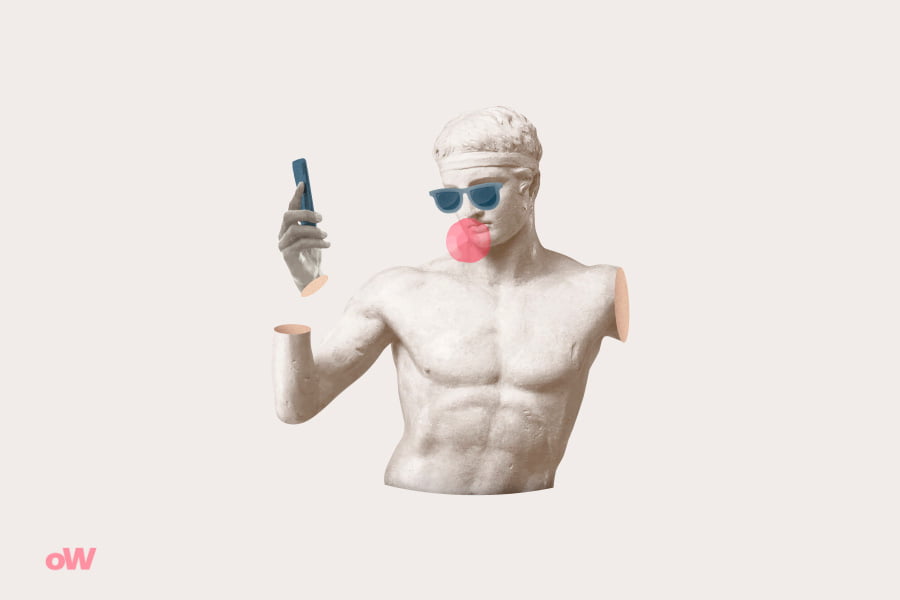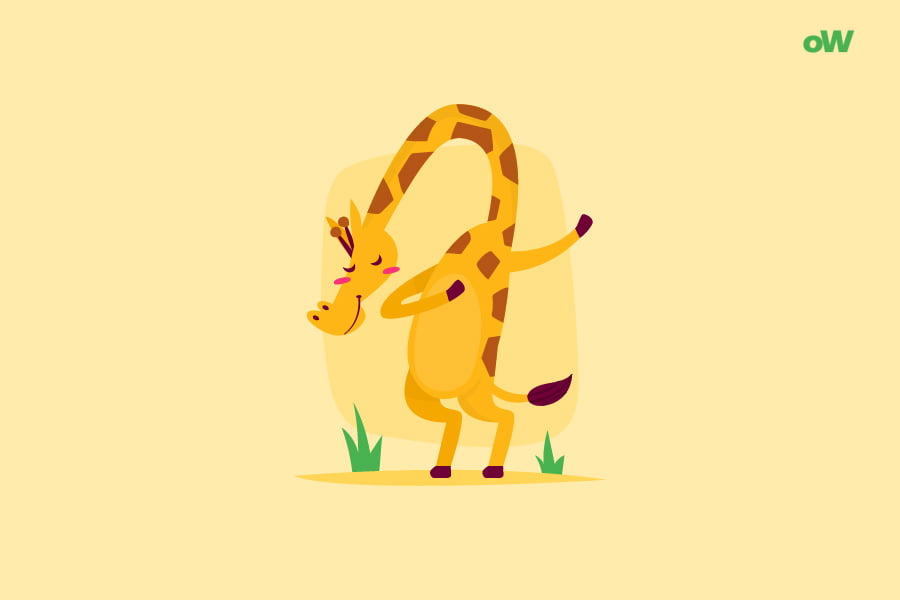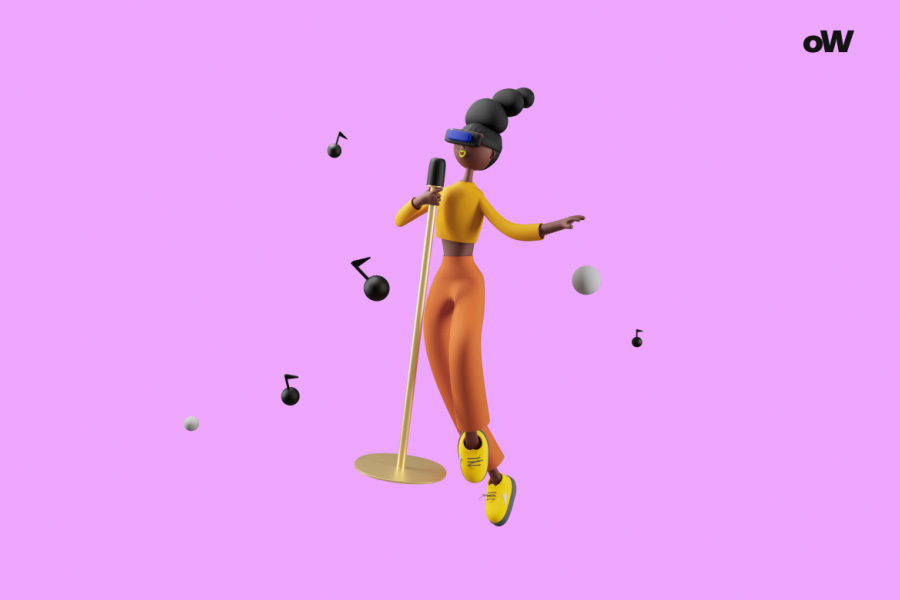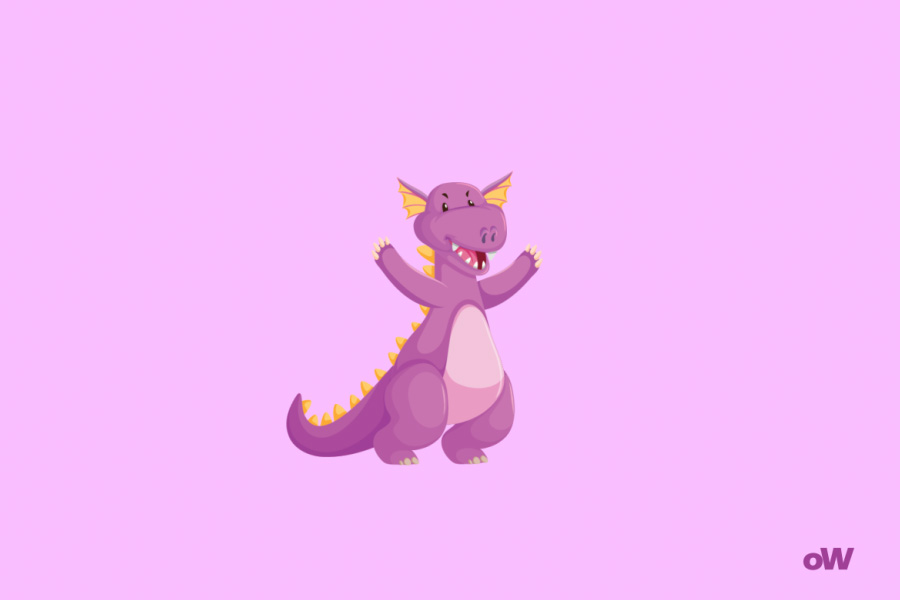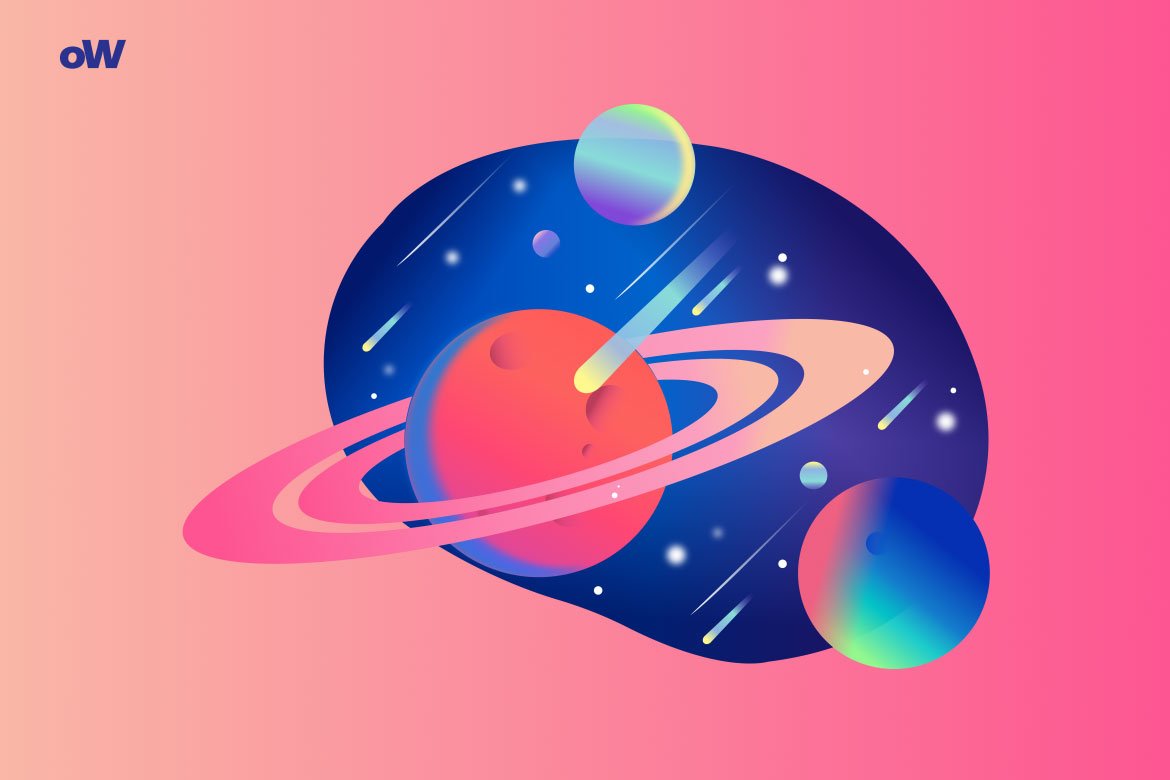Quiz: What Flower Am I?
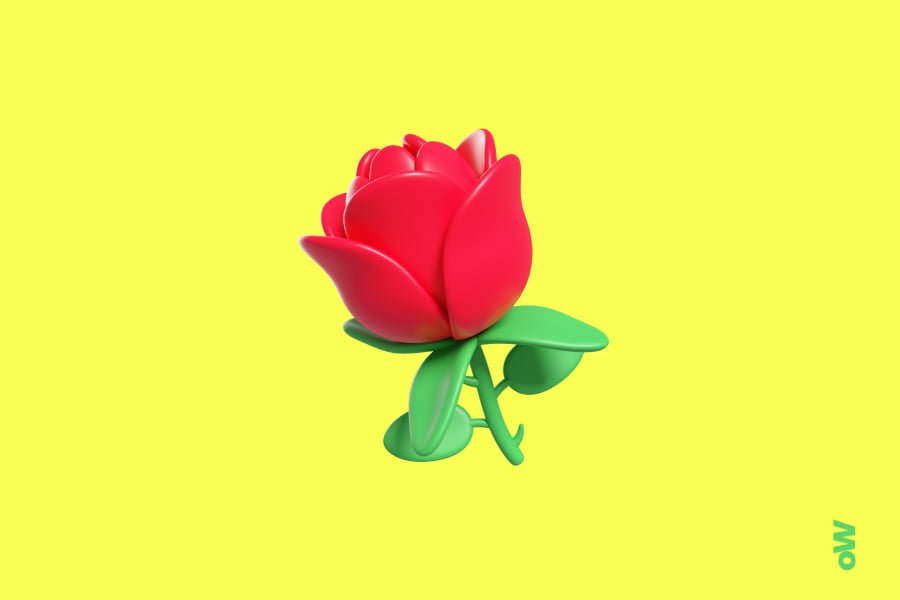
Once, my great-grandmother told me a strange phrase: ‘Every person has their own guardian flower.’ Back then, I just laughed, imagining how a huge sunflower might guard someone’s sleep. But years later, while studying psychology and botany, I began to notice remarkable parallels between people’s characters and plant characteristics. These observations became the foundation for an unusual quiz that reveals the secret connection between flowers and human nature.
Why Are Flowers and Their Symbolism Interesting to People?
The history of the relationship between humans and flowers spans millennia. In Ancient Egypt, the lotus was considered a symbol of rebirth – its buds would close at night and open at dawn, embodying the eternal cycle of life and death. The ancient Greeks created an entire mythology around flowers: the narcissus became a symbol of self-admiration, while the hyacinth represented tragic love and resurrection.
In medieval Europe, monks meticulously studied plants not only as medicinal remedies but also as symbols of spiritual truths. The white lily became a symbol of purity and divine grace, while the passion flower, with its unusual bloom structure, was used to explain the Passions of Christ.
The Victorian era gave the world selam – a complex system of communication through flowers. Each bouquet represented an encoded message: a red rose spoke of passionate love, yellow of jealousy, and carnation of deep attachment. This language was so developed that special dictionaries existed to decode the meaning of not only flower types but also their combinations.
In the Japanese tradition of ikebana, each flower is a philosophical statement about life and nature. Ikebana masters consider not only the plant’s appearance but also its natural character, seasonality, and even the direction of stem growth. This art demonstrates a deep understanding of the connection between natural forms and human perception.
Modern psychology has discovered that our perception of flowers and plants often reflects deep aspects of personality. Research in ecopsychology shows that people unconsciously choose plants that correspond to their psychological state. For example, those who prefer orchids often demonstrate heightened sensitivity to their environment and a tendency toward perfectionism, which corresponds to the demanding nature of these plants.
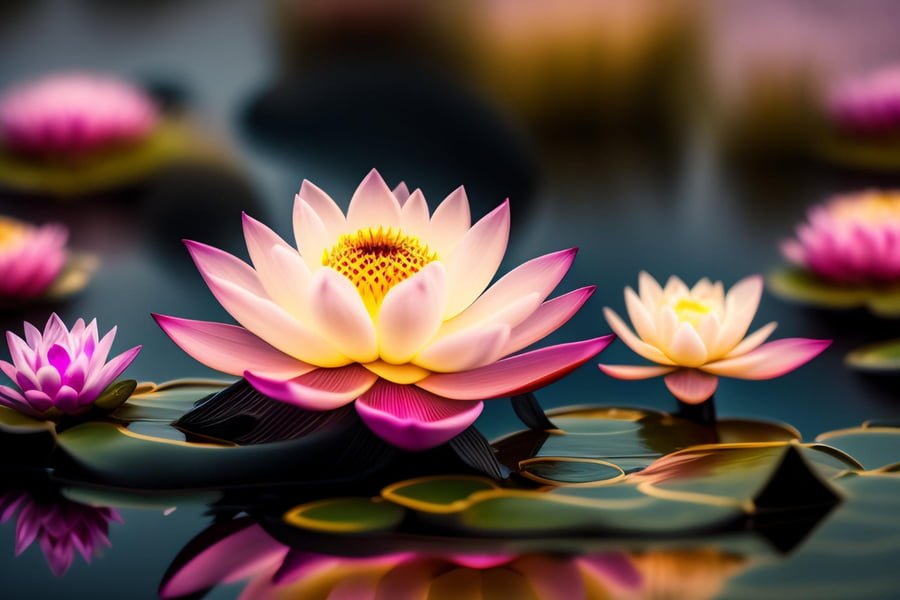
What Is This Quiz About?
Our quiz is a synthesis of botanical knowledge, psychological research, and cultural observations. It explores the connection between plant characteristics and human qualities on several levels:
The biological level examines plant survival methods and their correspondence to human behavioral strategies. For instance, some flowers, like people, thrive in collective settings (clover), while others prefer solitude (lady’s slipper).
The psychological level analyzes the emotional reactions that different flowers evoke and their connection to personality characteristics. Research shows that lovers of bright, large flowers are often extroverted, while admirers of small, delicate blooms tend toward introversion.
The cultural aspect considers the symbolic meaning of flowers in different traditions and their influence on modern perception. Interestingly, some associations (like the rose as a symbol of love) are practically universal across different cultures.
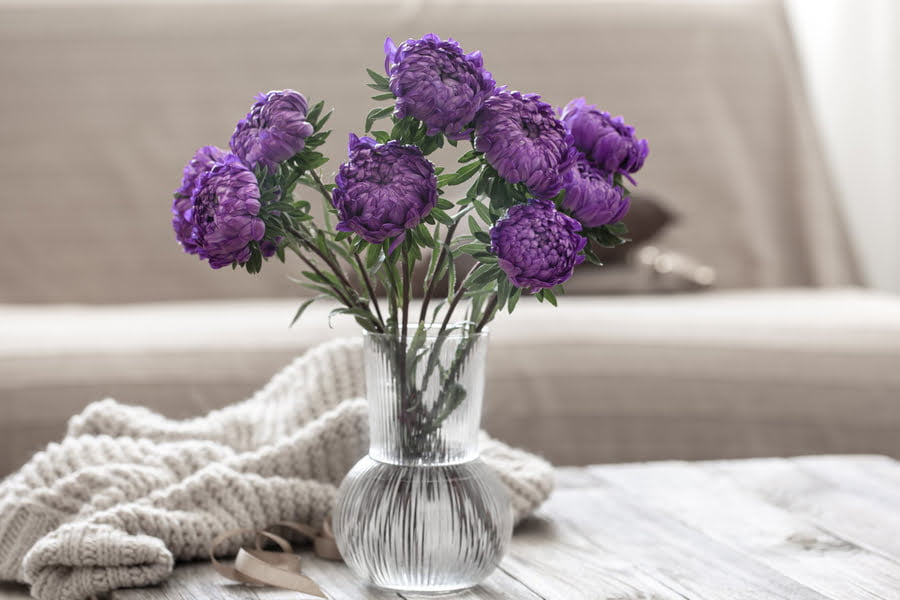
Which Flowers Correspond to Your Personality Traits?
- The Rose embodies a multifaceted personality with a strong character. Like roses, such people go through a complex development path: from protected bud to blooming flower. Their thorns are not a sign of aggression but a way to maintain personal boundaries. Like roses, they require special care and attention but reward those around them with their beauty and depth.
- Lavender symbolizes a healing nature with a delicate soul. These people, like lavender, create a special atmosphere of peace and harmony around them. Their influence on others is unobtrusive but deep and long-lasting. Interestingly, lavender thrives in harsh conditions, and people of this type often show unexpected resilience in difficult situations.
- The Sunflower corresponds to a personality possessing natural optimism and life force. Like this plant, such people always reach for the light – both metaphorically and literally. Their ability to support others resembles sunflowers’ property of purifying soil. Even on cloudy days, they, like their totem flower, maintain inner warmth and light.
- The Orchid reflects a refined, creative nature. Like these exotic flowers, such people require special conditions to reveal their potential. Their uniqueness manifests in the ability to create unusual forms of self-expression. Like orchids in nature, they can remain dormant for long periods, only to transform in the most unexpected ways.
- The Daisy characterizes a personality with an amazing ability to adapt. Behind seeming simplicity lies a complex nature: like the daisy, such people possess powerful life force allowing them to thrive in the most unexpected conditions. Their naturalness and sincerity, like the medicinal properties of chamomile, have a healing effect on those around them.
In psychology, there’s an interesting parallel between flower archetypes and Jung’s theory of psychological types. The rose corresponds to the Warrior archetype – a strong personality ready to defend their values. Lavender is close to the Healer archetype, the sunflower to the Child archetype with its spontaneity and joy of life. The orchid reflects the Creator archetype, and the daisy – the Innocent archetype with its purity and openness to the world.
Modern research in neurobiology shows that interaction with plants affects the production of certain neurotransmitters in the brain. For example, flower contemplation can increase serotonin levels – the happiness hormone. This explains why certain personality types are drawn to specific plants: they intuitively choose flowers that contribute to their emotional balance.
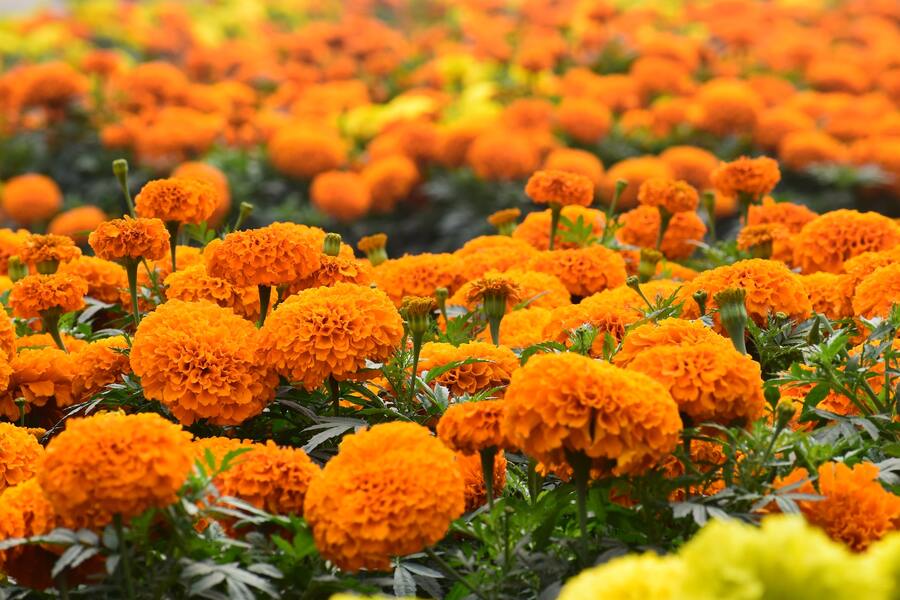
Conclusion
The language of flowers is not just a beautiful metaphor but a deep system of symbols reflecting the diversity of human nature. Each flower in nature occupies its ecological niche, fulfilling a unique role in the ecosystem. Similarly, each personality is unique and important in the complex web of human relationships.
The results of this quiz can become the beginning of a fascinating journey of self-discovery. They help see oneself through the prism of natural analogies, often revealing unexpected facets of personality. After all, as Chekhov said: “Everything in a person should be beautiful,” and what could be more beautiful than a flower revealing its true nature to the world?
Each of us is a unique flower in the garden of life. And just as a gardener creates conditions for each plant to bloom, we can create conditions for unlocking our potential by understanding and accepting our true nature.
Disclaimer
This quiz is designed for entertainment purposes only. The results are not scientifically validated and do not constitute professional advice or assessment. The quiz results are meant to be fun and should not be used as a basis for any life decisions or as a substitute for professional consultation. If you need personalized guidance, please consult with appropriate qualified professionals.
Questions Overview
- Meditate and practice yoga.
- Hang out with friends and attend events.
- Spend time with loved ones and reminisce about past memories.
- Throw a small party at home or attend one.
- Immerse yourself in a good book or watch a documentary.
- Gardening or working on DIY projects.
- Through deep and meaningful conversations.
- With grand gestures and romantic surprises.
- By sending heartfelt messages or writing letters.
- With creative and artistic expressions.
- Through intellectual discussions and sharing ideas.
- With practical actions that show you care.
- White or light purple.
- Red or pink.
- Blue or lavender.
- Pink or peach.
- Yellow or bronze.
- Orange or gold.
- Spiritual connection and growth.
- Passion and romance.
- Loyalty and lasting memories.
- Fun and light-heartedness.
- Intellectual stimulation and deep conversations.
- Stability and mutual support.
- Taking a meditation retreat.
- Going to a luxurious spa.
- Visiting a nostalgic place from your childhood.
- Attending an art or music festival.
- Attending a lecture or workshop on a topic that interests you.
- Volunteering at a community garden.
- "Peace comes from within. Do not seek it without." - Buddha
- "Love is the flower you've got to let grow." - John Lennon
- "True friends are like bright sunflowers that never fade away, even over distance and time." - Marie Williams Johnstone
- "A flower does not think of competing with the flower next to it. It just blooms." - Zen Shin
- "Life is the flower for which love is the honey." - Victor Hugo
- "Where flowers bloom, so does hope." - Lady Bird Johnson
- Enlightened
- Passionate
- Nostalgic
- Playful
- Wise
- Resilient
- Sandalwood or incense.
- Rose or jasmine.
- Fresh linen or ocean breeze.
- Fruity or sweet floral.
- Green tea or lemongrass.
- Earthy or herbal.
- Swan
- Peacock
- Dolphin
- Butterfly
- Owl
- Elephant
- A spiritual guide or self-help book.
- A passionate love story or drama.
- A memoir or historical fiction.
- A lighthearted comedy or satire.
- A thought-provoking philosophical novel.
- A practical guide or how-to book.
- By seeking inner peace and calm.
- With a strong, determined attitude.
- By leaning on your close connections for support.
- With humor and a positive outlook.
- Through careful analysis and strategic planning.
- By rolling up your sleeves and facing challenges head-on.
- Dawn
- Dusk
- Midnight
- Afternoon
- Morning
- Evening
- Spring
- Summer
- Winter
- Any season with good company
- Autumn
- The transitional seasons
- Meditation or a calming ritual.
- A warm, fragrant bath.
- Watching old movies or looking through photo albums.
- Engaging in a creative hobby or activity.
- Reading or learning about new ideas.
- Tending to your plants or organizing your space.
- A spiritual or wellness item.
- A romantic gesture or luxurious item.
- A sentimental keepsake or personalized gift.
- A fun, quirky, or artistic piece.
- A thought-provoking book or intellectual item.
- A practical tool or useful gadget.


